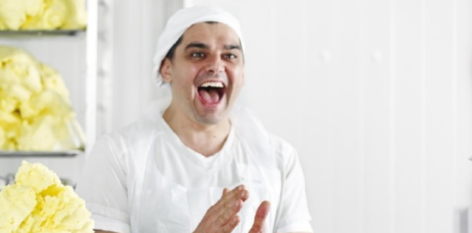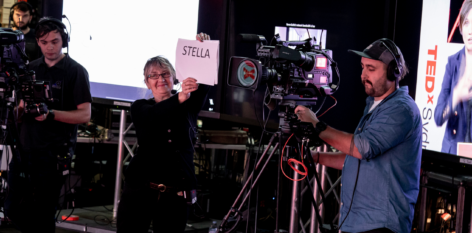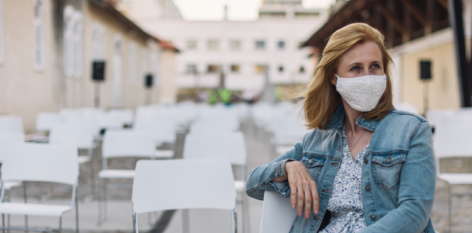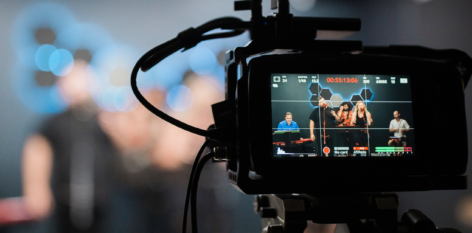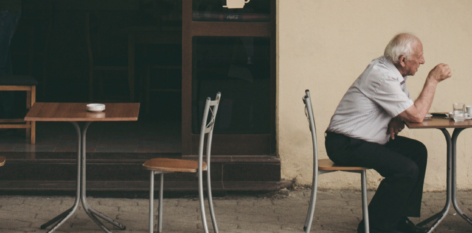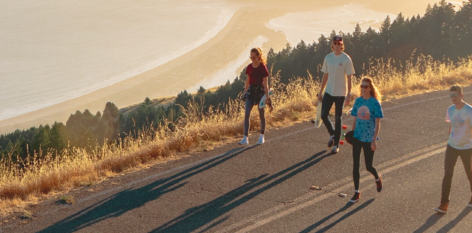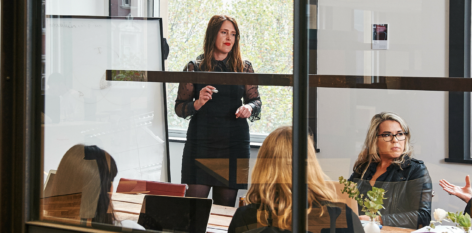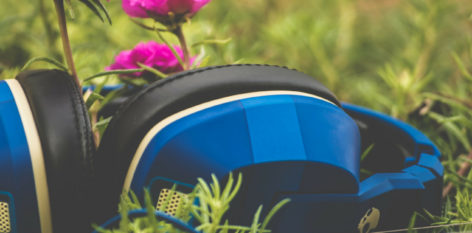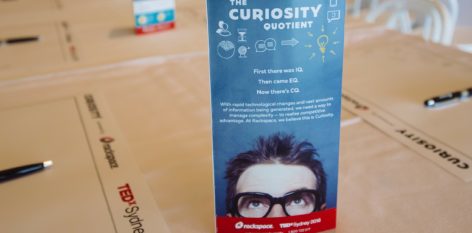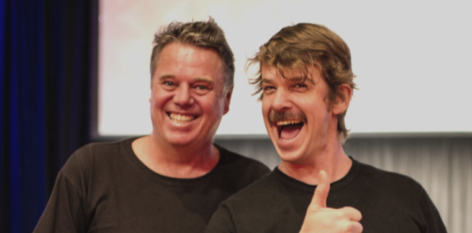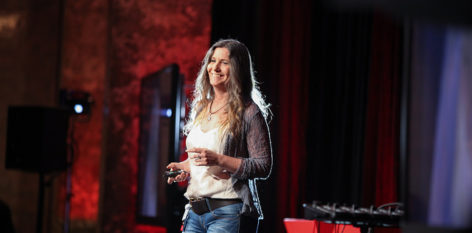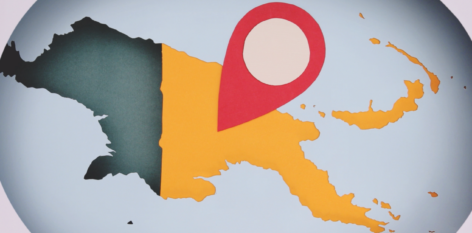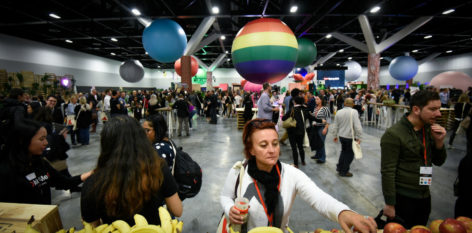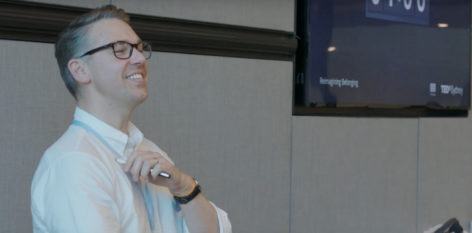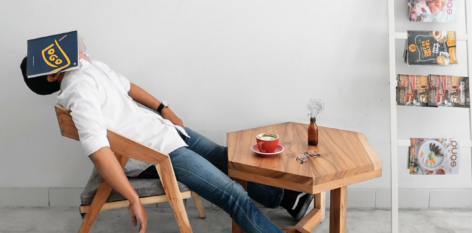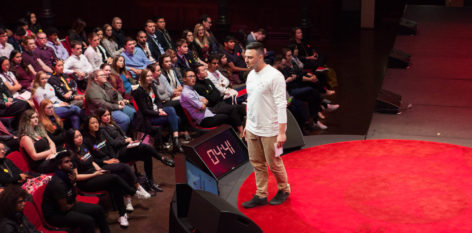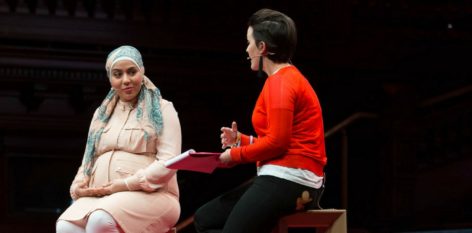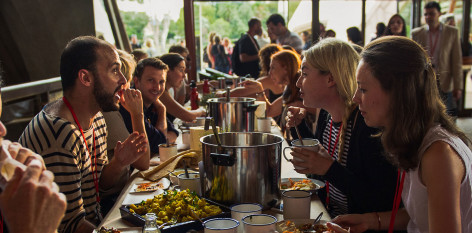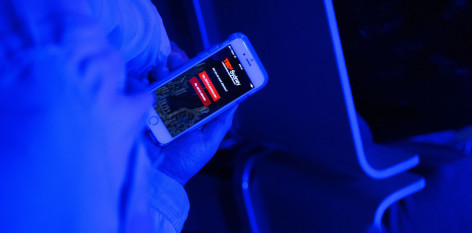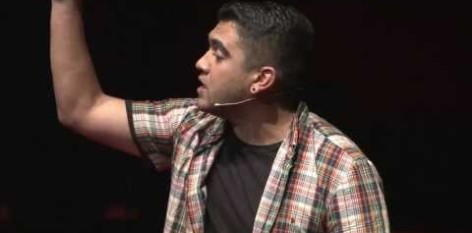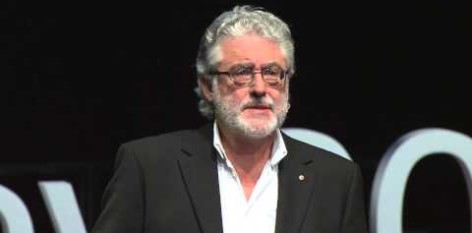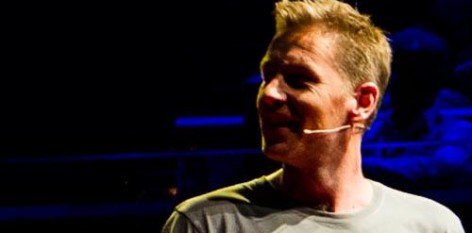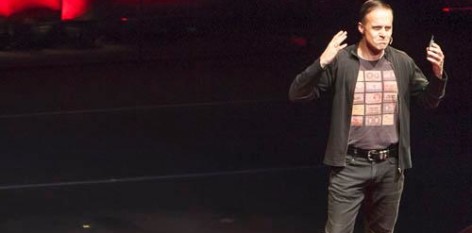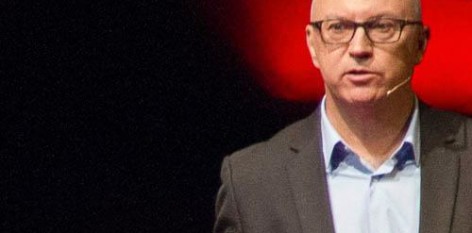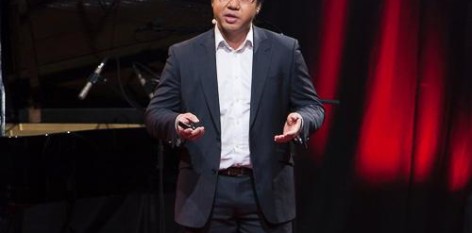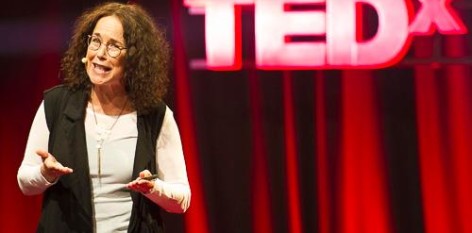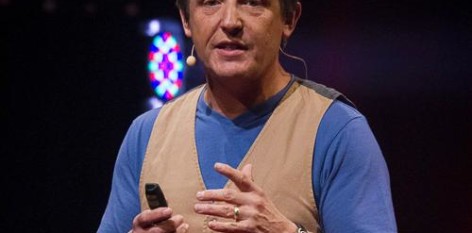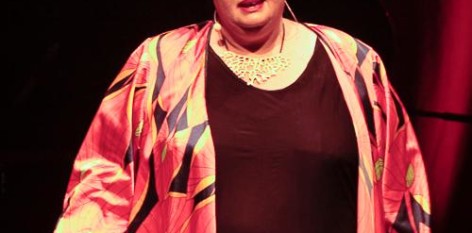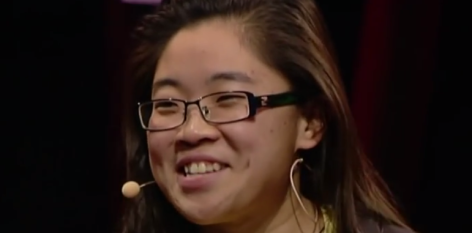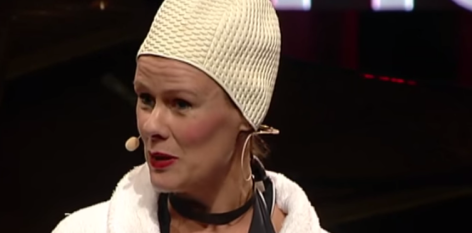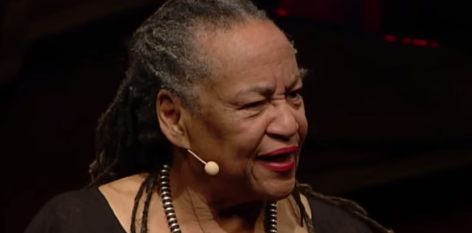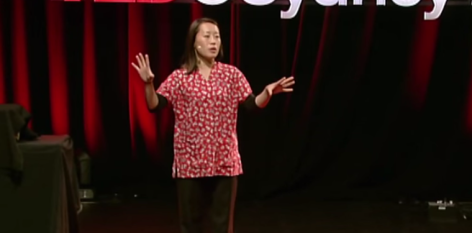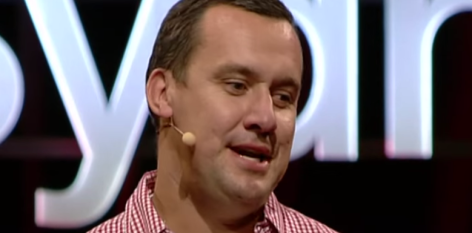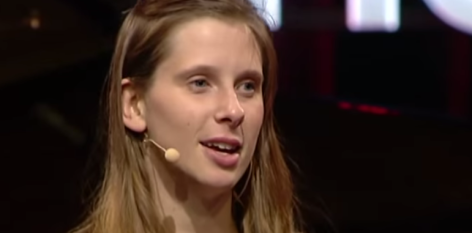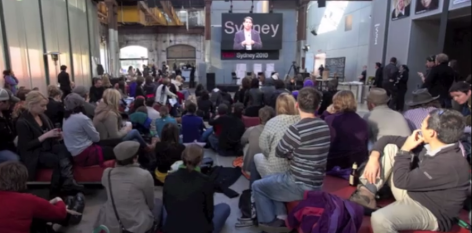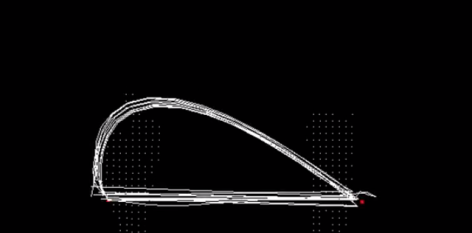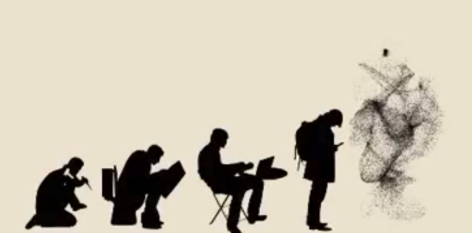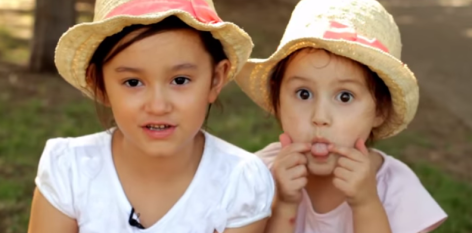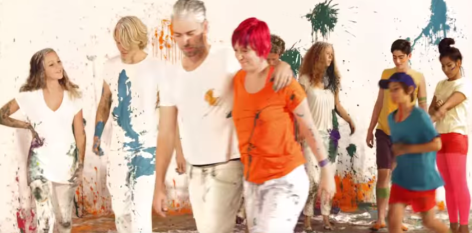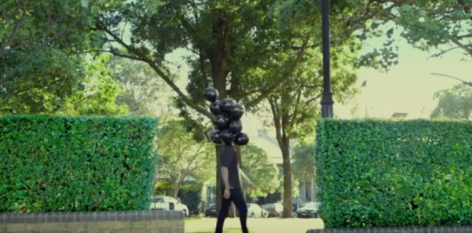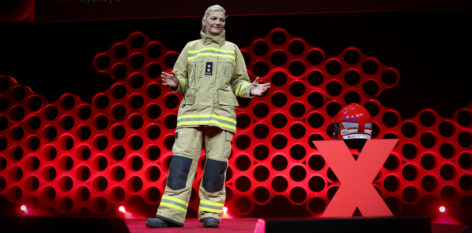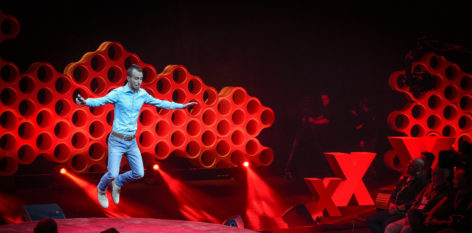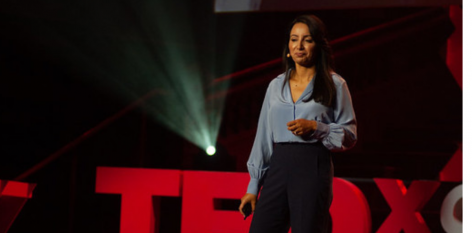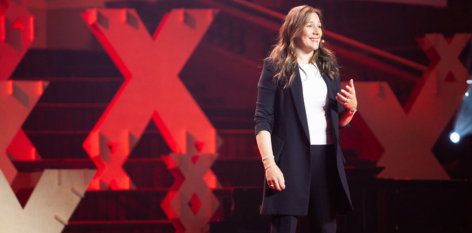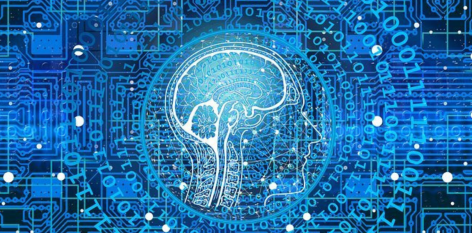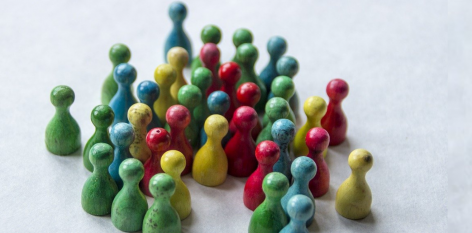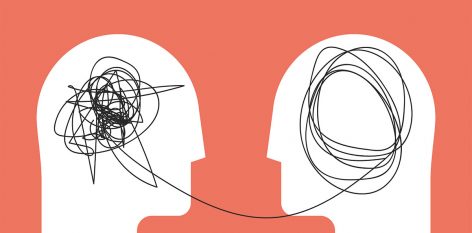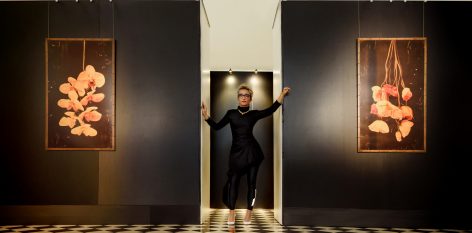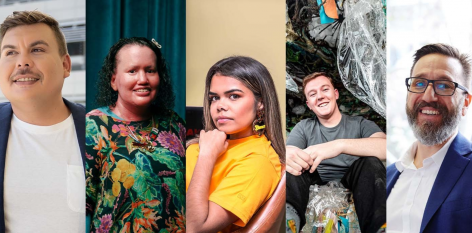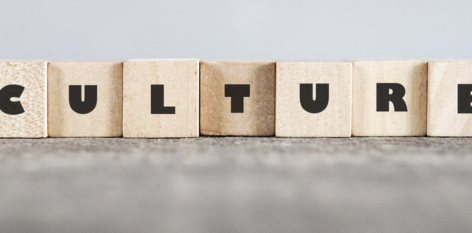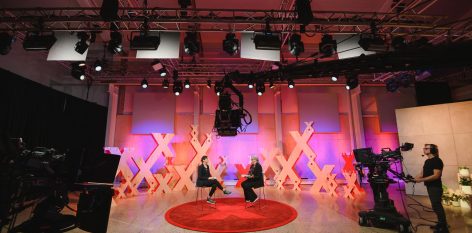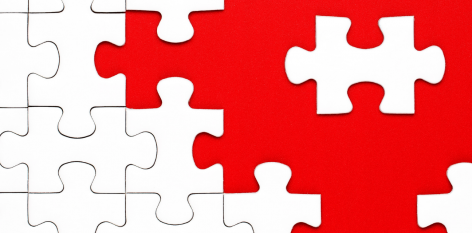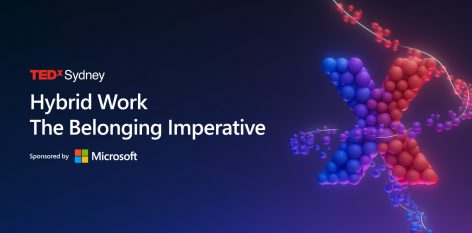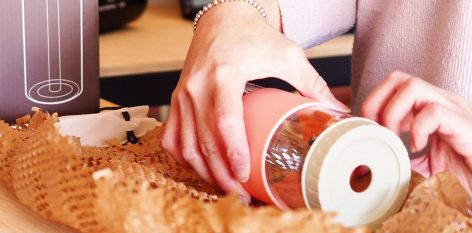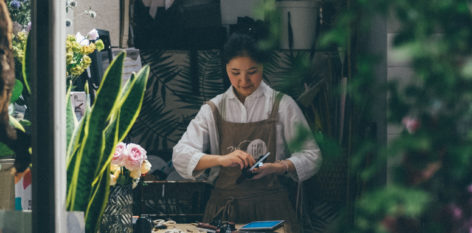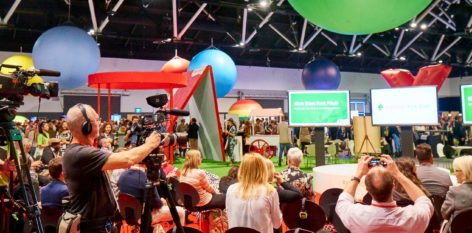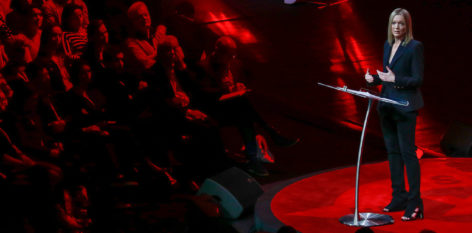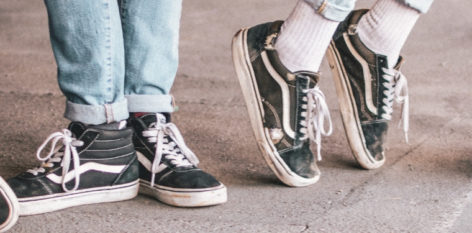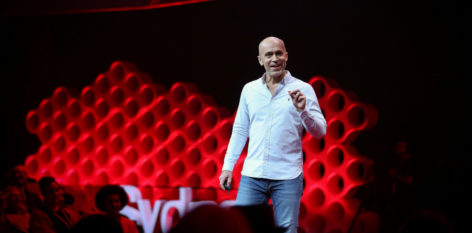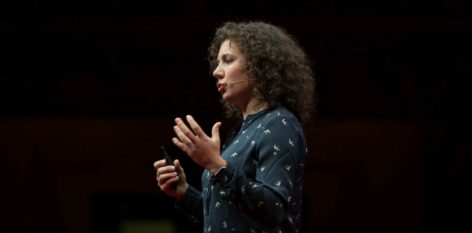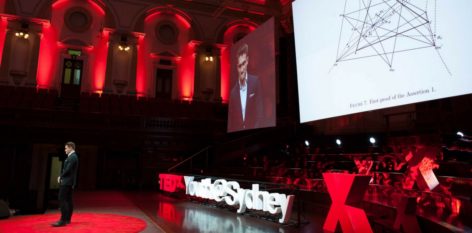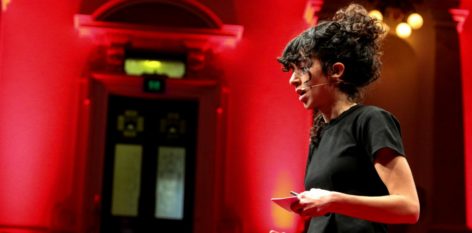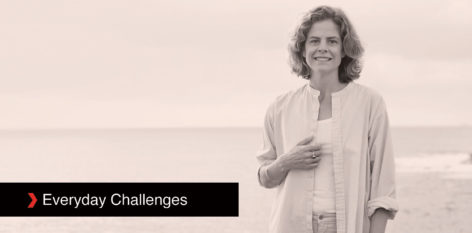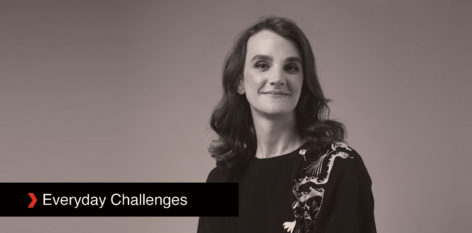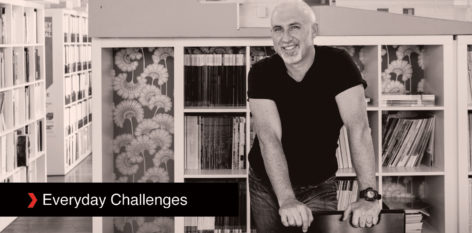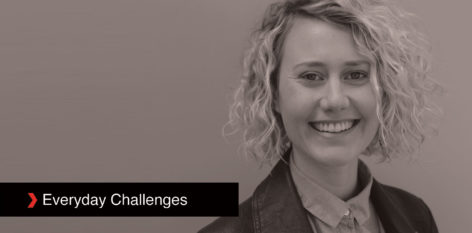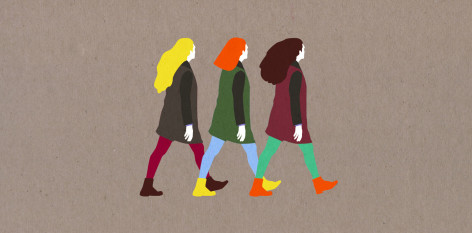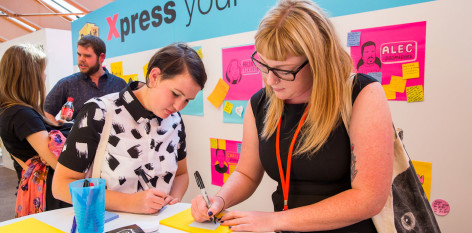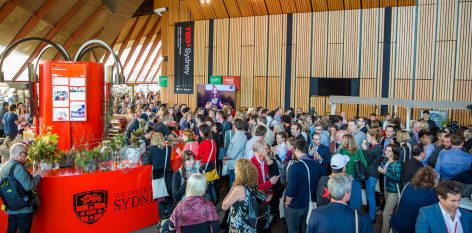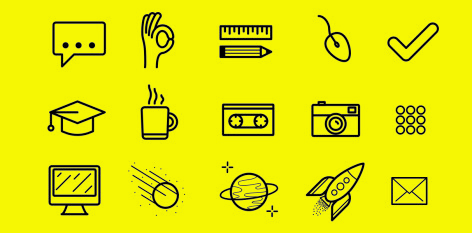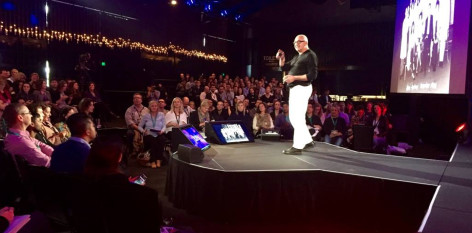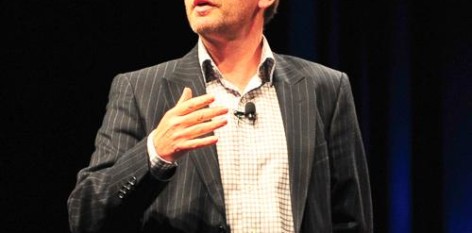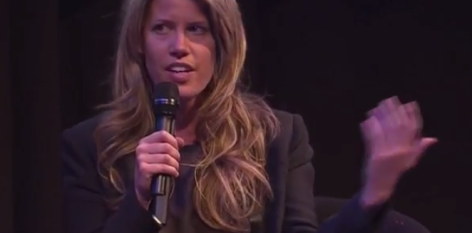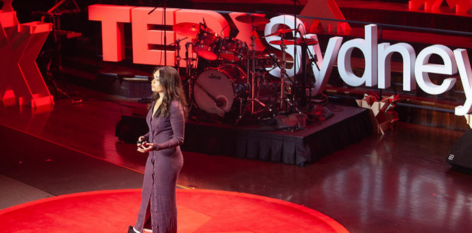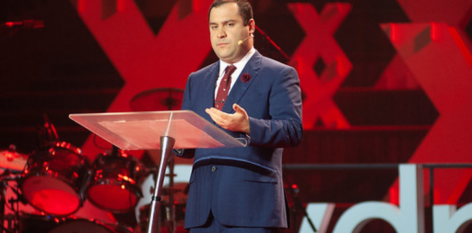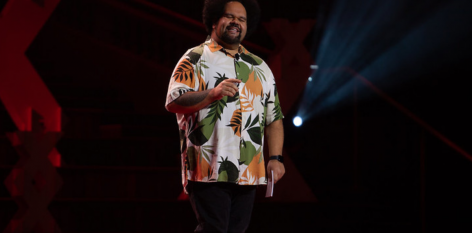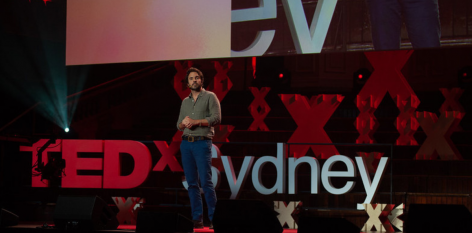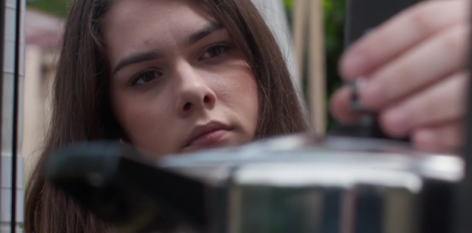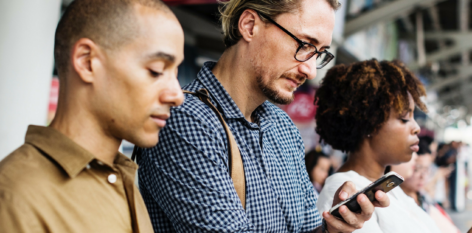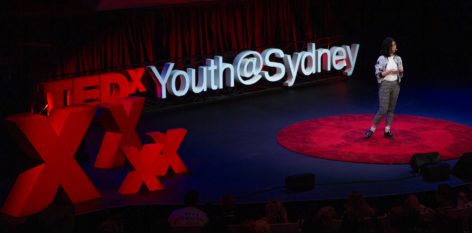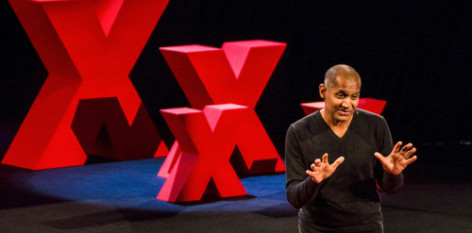In her 2010 TEDxSydney talk, Rachel Botsman introduced many us of the idea of Collaborative Consumption – a facet of what has become known as The Sharing Economy. Susie Stokes revisits Rachel’s talk in light of the changes that have occurred over recent years, noting that perhaps ‘institutional trust’ was not meant for the digital age.
“Now be a good a good girl and share that!.” Does this bring you back to your childhood with a bang? Back then, the thought of having to share with my younger sibling disgusted me. It was my toy! They can’t have it; they will break or ruin it!
But fast forward to today, and we can’t stop sharing; from our thoughts and selfies to our houses and cars. The difference today is that we are not being forced to share, but instead doing so willingly, fulfilling each other’s needs or our coincidence of wants. “I need” and “you have”, matched on a large scale using the Internet.
In her 2010 TEDxSydney talk, Rachel Botsman delves into the idea of Collaborative Consumption. Rachel,the co-author of “What’s Mine is Yours: The Rise of Collaborative Consumption, tells us that humans are hardwired to share, and that the Internet is changing human behaviour online with knock-on effects in the real world.
Thanks to the Internet we are mimicking ties that used to happen face-to-face. We have become a global village and technology is enabling trust between strangers.
Something very interesting is happening. Facebook, the world’s biggest media company, creates no content. Uber, the world’s largest taxi company, owns no vehicles. Alibaba, the most valuable retailer, owns no inventory. Airbnb, the world’s largest accommodation provider, owns no real estate.
A new type of organisation has surfaced, they are the facilitator or interface owners, connecting consumers with a need with those that want to share, enabled by a secure framework .
The Internet has enabled us to trust strangers, using transparency and accountability. Before, consumers only had a sales rep to go to for product information. Now we can log on and access everything written about a product or service.
We can search online for reviews from past customers. We can find out exactly what the company did or didn’t deliver and if the product or service lived up to the hype, using ratings as a guide. We trust the reviews of others in forums or social media.
Rachel identifies four key drivers behind this shift in how we live, work, play, travel, bank, learn and consume;:
- Technology Innovation – Better, faster Internet capabilities
- Values Shift – Trust shifting from institutional to distributed
- Economic Realities – The global financial crisis of 2008
- Environmental Pressures – Global warming effects increasing
The Sharing Economy
The Sharing Economy (added to the Oxford dictionary last year) is an economic system in which assets or services are shared between private individuals, either free or for a fee, typically through the Internet. It is the reinvention of traditional market behaviours – renting, lending, swapping, sharing, bartering, gifting – through technology, taking place in ways, and on a scale, not possible before the Internet.
The Sharing Economy as an idea is here to stay. This term is used interchangeably with Collaborative Consumption, Collaborative Economy or On-Demand services, but there are differences. Rachel has grouped them into three systems:
- Redistribution stretches the product life cycle, taking a used or pre-owned item and moving it where it’s not needed to somewhere or someone who does.
- Collaborative life-cycle involves sharing resources like time, money and skills.
- Product-service systems allow you tou pay for the benefit of the product without needing to own it. Kevin Kelly, the founding executive editor of Wired magazine, notes that “For many people this type of instant universal access is better than owning”.
These systems allow us to share resources without sacrificing lifestyle and thereby revolutionising how we consume. We are moving from hyper-consumption involving credit, advertising, and individual ownership to collaborative consumption affecting reputation, community and sharing access.
As part of these three systems there are three distinct transaction models:
- Business to Consumer (B2C) e.g. ZipCar, Netflix
- Peer to Peer (P2P) e.g. Airbnb, TaskRabbit
- Business to Business (B2B) e.g. Gettable
Reputation Capital
In this new system of social sharing, ratings and reviews matter, they leave a trail. In the past all that mattered was your credit rating, which most people were unaware of. Online, every idea you create, a comment you share, or even spammer you flag all contribute to how we are perceived and determine whether we can or cannot be trusted.
Reputation Capital is the net worth of your reputation, intentions, capabilities and values across communities and marketplaces.
In the future Rachel predicts, we can Google our reputation capital with all of our Internet activity in one place. Would people be less likely to Troll or make bad comments online if they knew it would affect their reputation capital? Could it make the internet a safer place?
The Internet has already changed our actions in the real world. For example when using Airbnb you pick up your towels and don’t leave them on the bathroom floor (something you may do in a hotel) because you don’t want to be rated down.
Collaborative Consumption & Trust
In her 2016 TED Summit talk, Rachel noted that: “We’ve stopped trusting institutions and started trusting strangers”. We are using the power of technology to build trust between strangers and realising how effective it can be.
Trust is a confident relationship with the unknown. Trust has the unique capacity to enable us to cope with the unknown. Trust has only had three major shifts throughout human history: local, institutional and now distributed.
But why is this shift towards social sharing happening? Perhaps Institutional trust was not meant for the digital age. The way we trust is changing, we are returning to person-to-person accountability.
Conclusion
Since Rachel’s 2010 talk, SwapTree (which she extensively referenced) was bought over in 2013 and now exists in the form of Swap.com where users swap clothes. Similar replacements have popped up to replace it such as TitleTrader or BookMooch.
Airbnb had meteoric growth since the summer of 2010 when 47,000 people stayed with hosts compared to the summer of 2015 where that figure rose to over 17 Million people in 191 countries.
TaskRabbit has quadrupled their revenue but changed their business model in 2014 to service-on-demand, limited to only four categories (handyman, cleaning, moving, & PA services). Instead of an open market, rabbits now have less flexibility about the jobs they do and when. Interestingly, an Australian start-up called AirTasker has taken the disgruntled rabbits into their open market platform.
These new sharing systems are transparent, inclusive and accountable and can disrupt the old status quo and improve our society for the better. The underlying principle is “idling capacity” – using the power of technology to unlock the social, economic and environmental value of underused assets.
Rachel beseeches us all to help to normalise sharing and get us out of our wasteful, unsustainable hyper-consumption. We could even start by sharing with our siblings; if only they would let us borrow their stuff…
WATCH: Rachel Botsman’s TED and TEDxSydney Talks:
- The case for collaborative consumption
- The currency of the new economy is trust
- We’ve stopped trusting institutions and started trusting strangers
Image: ‘Sharing‘ by Lena (hoffnungsschimmer) via Flickr Creative Commons.

